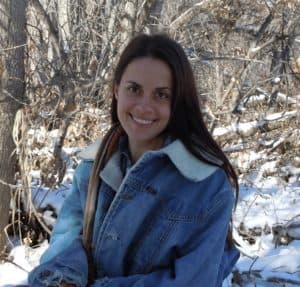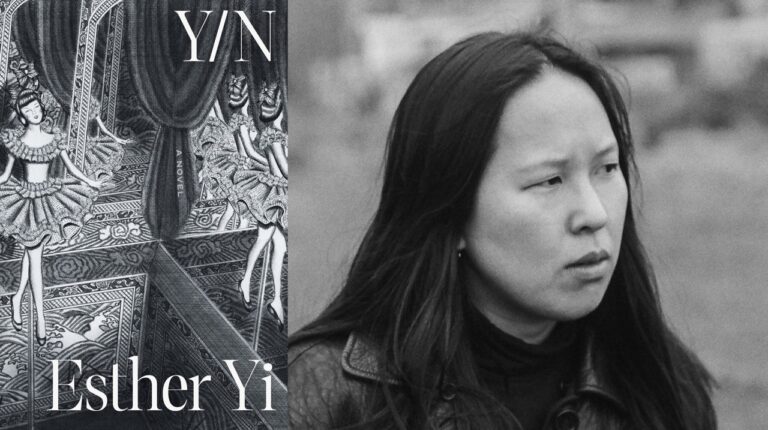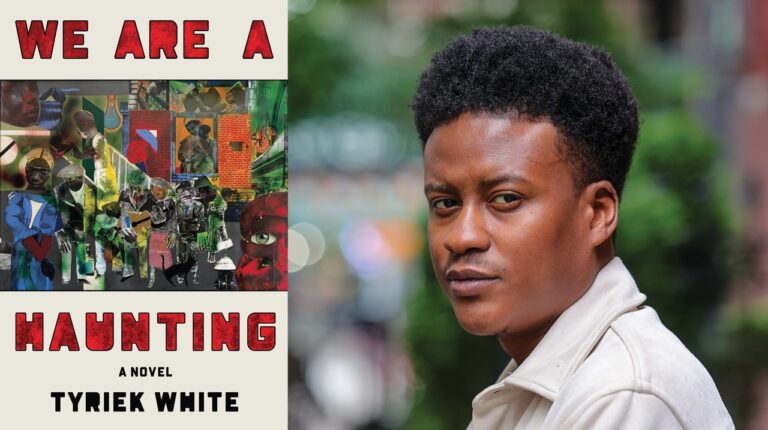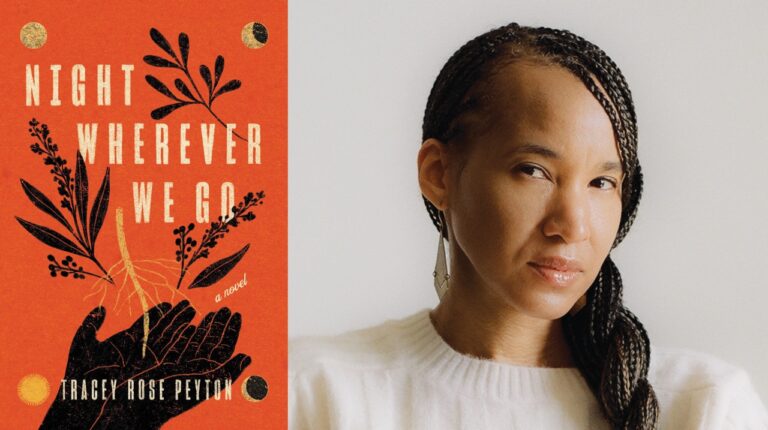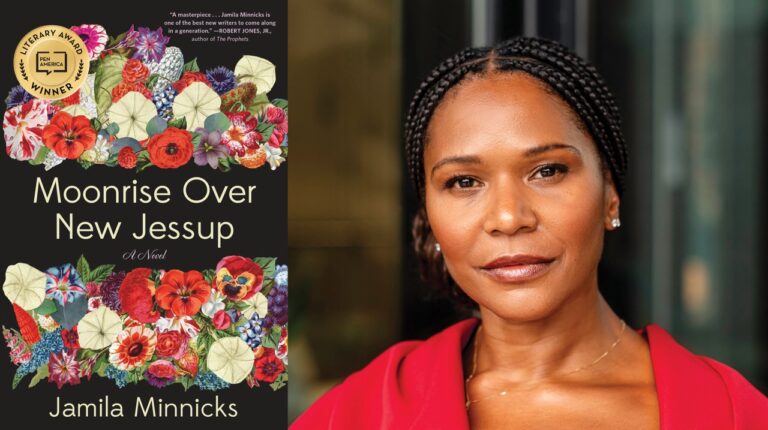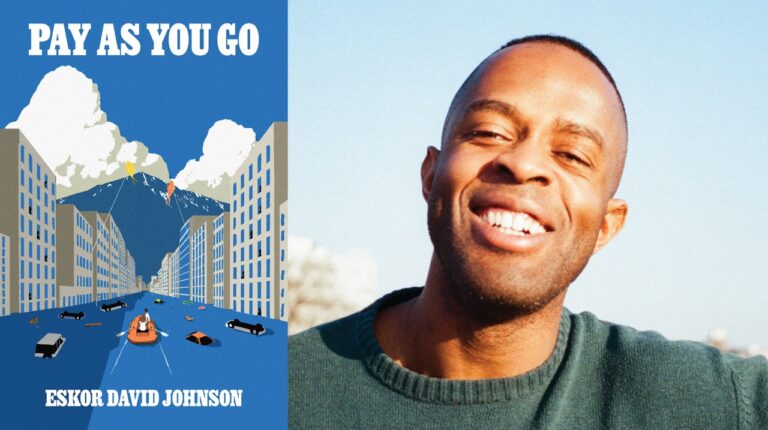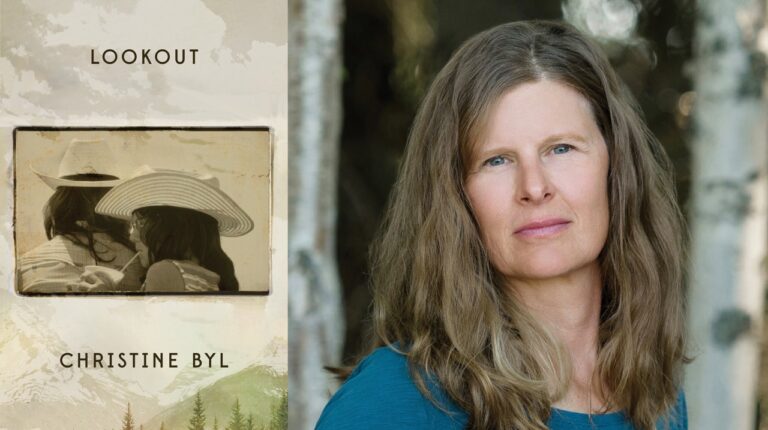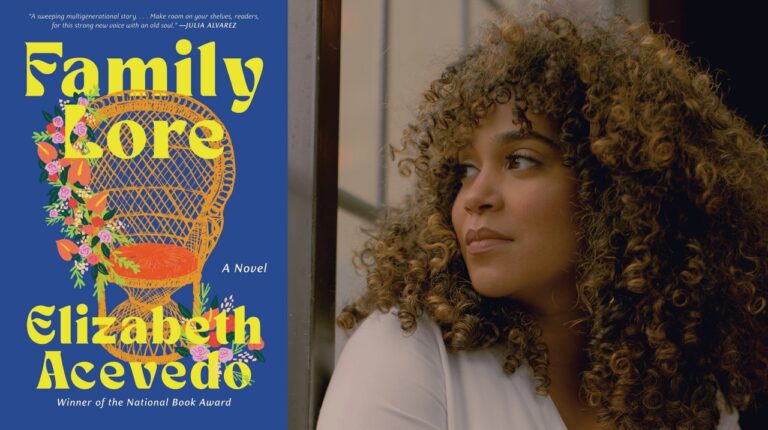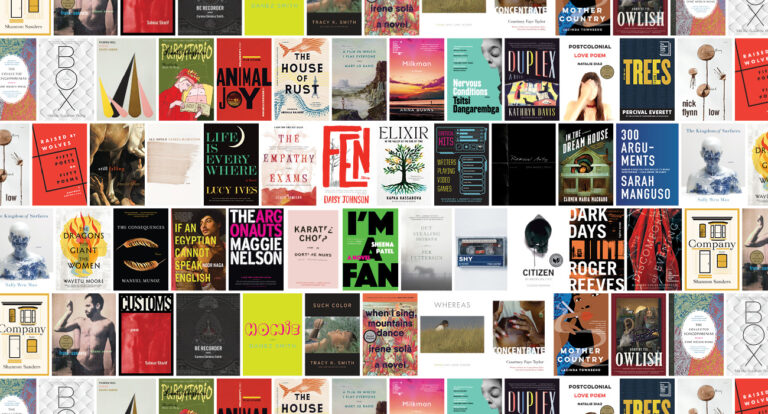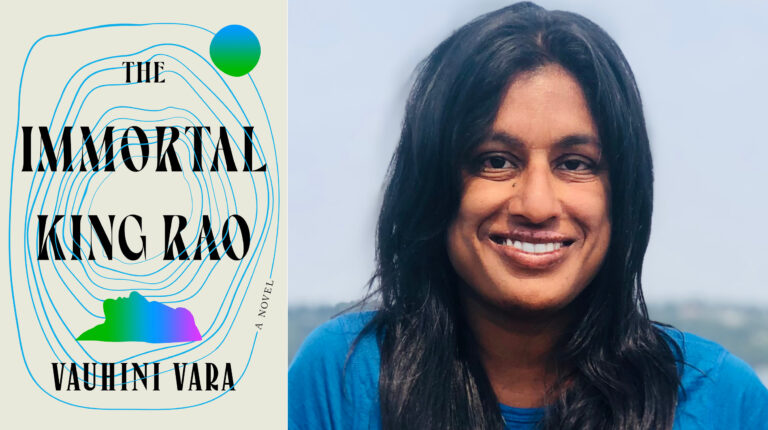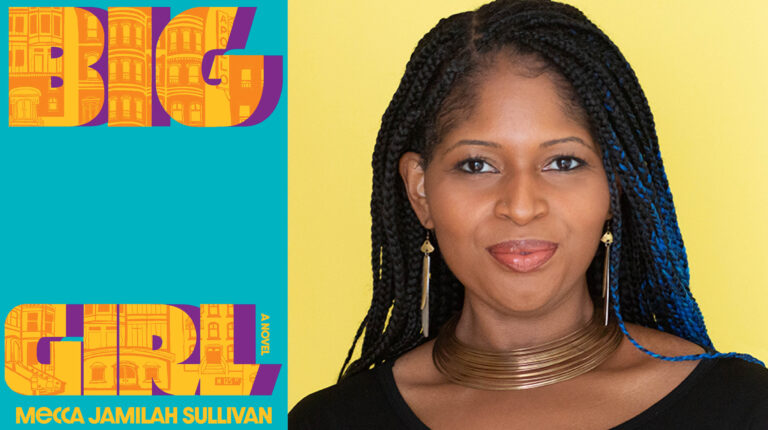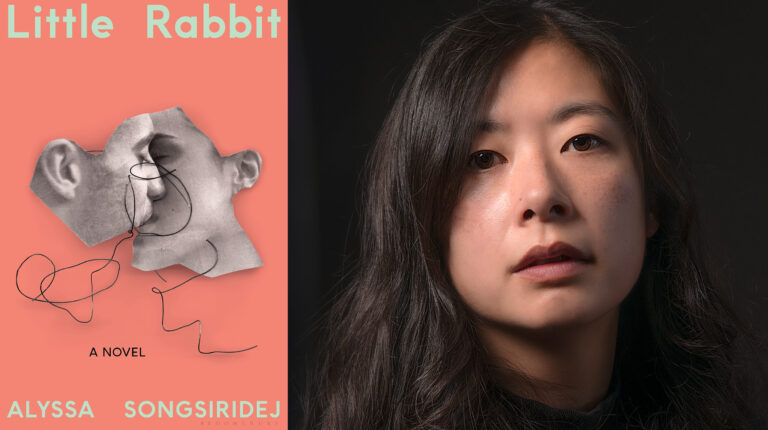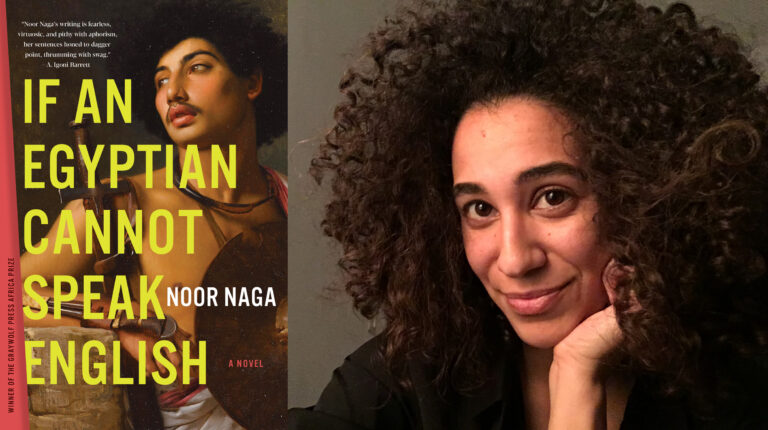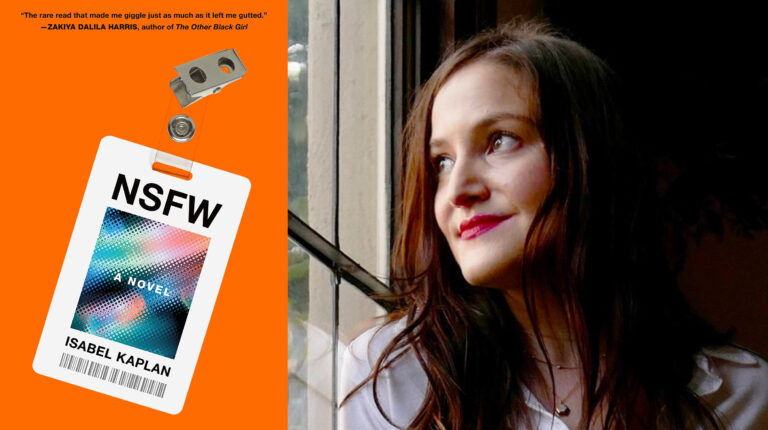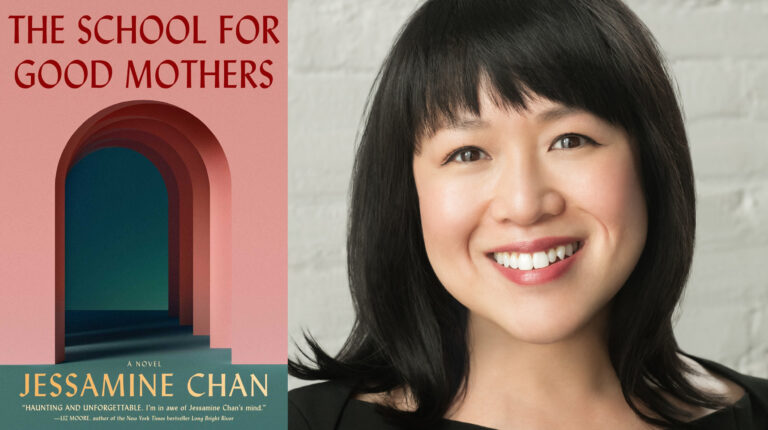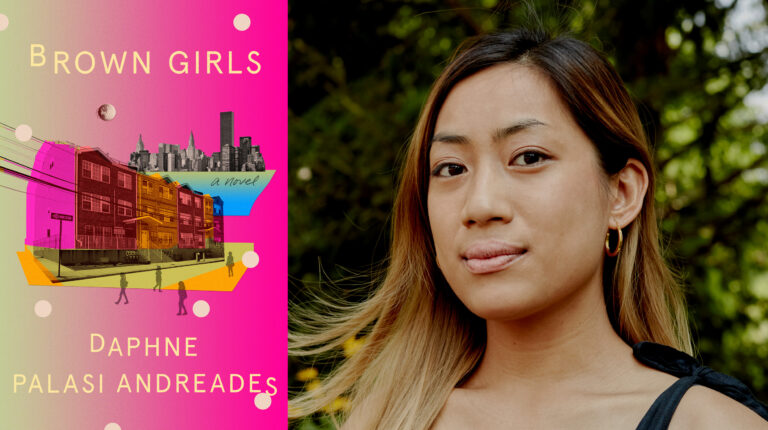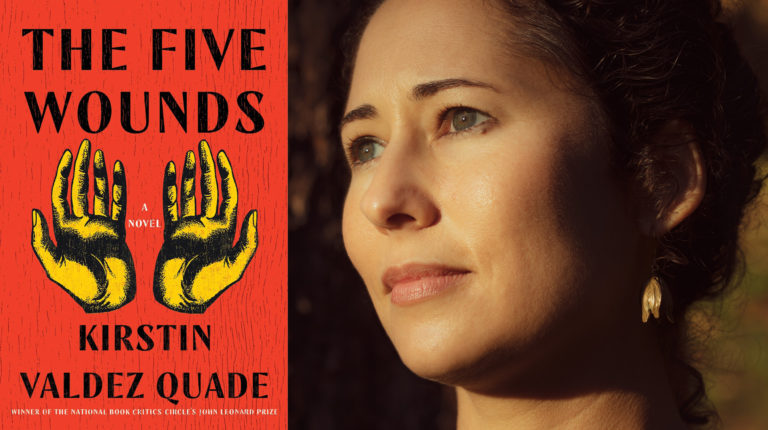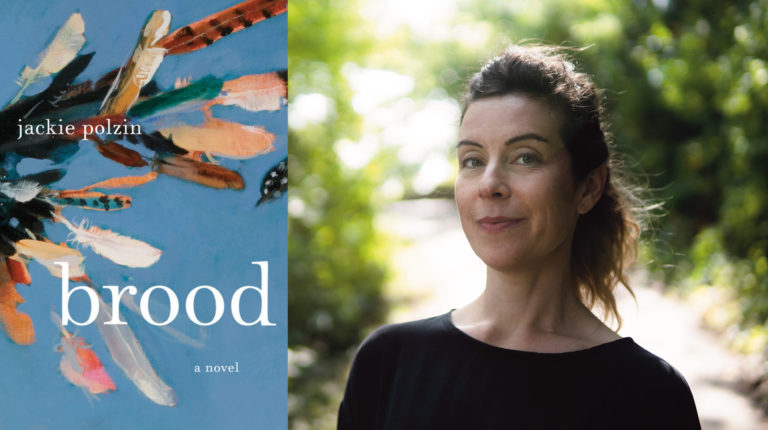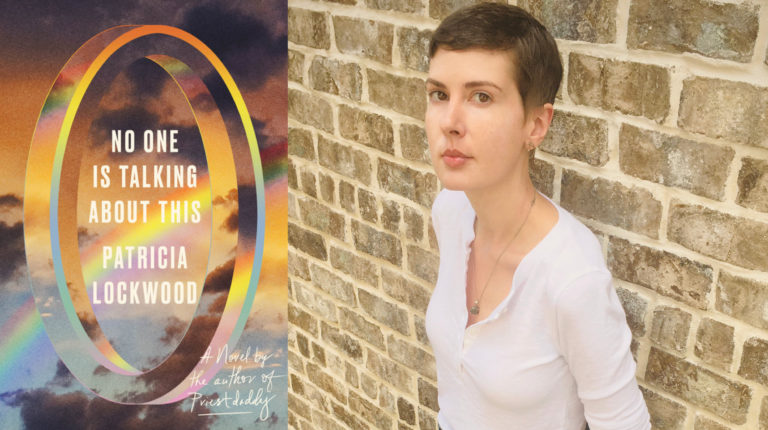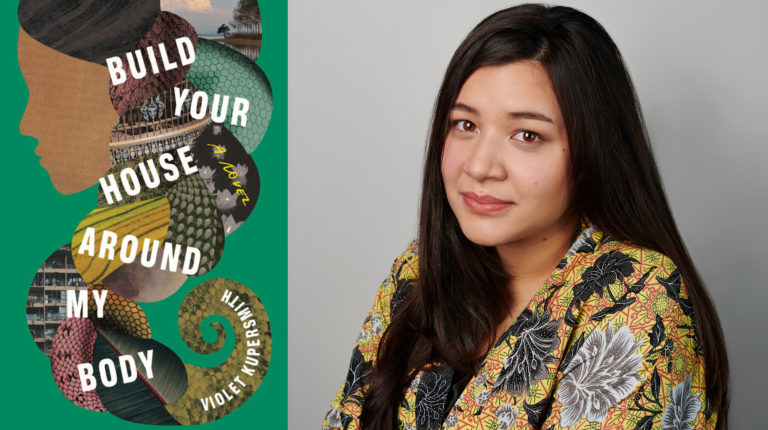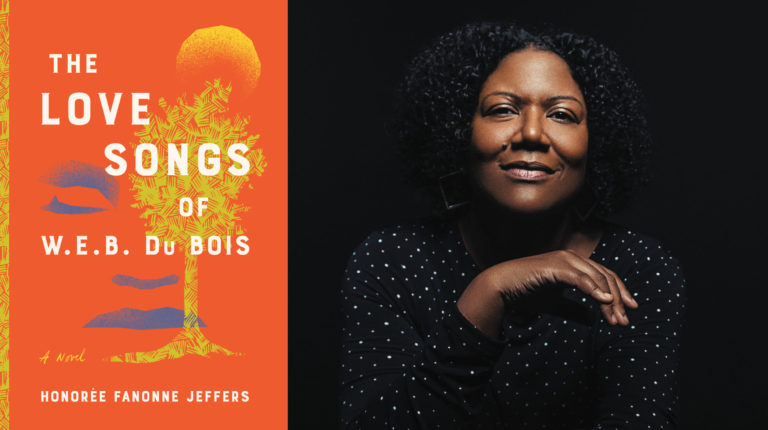Bonnie Nadzam received The Center's First Novel Prize for Lamb, a novel that tells the story of Tommie, an eleven-year-old girl who is lured away by a narcissistic, middle-aged stranger named David Lamb and taken to his remote cabin in the Rockies. Here, Nadzam talks with Center Director Noreen Tomassi about her experience as a debut novelist and about the strong reactions of readers.
Lamb is such a difficult book in a way. It’s not at all difficult to read—it’s beautifully written and hard to put down—but difficult in the responses it evokes. As a reader you want to be outraged. Your natural tendency is to react to Lamb as a terrible man, but somehow as you read everything gets a little murkier than that. There were times when I felt immense sympathy for him. I am sure I’m not alone as a reader in feeling that.
You’re not, and I’ve actually been quite surprised by some of the vitriol that has come my way. “How could you have compassion for this person or try to portray him in an empathetic way?” But I wasn’t ever trying to do that intentionally. There is a line between the external narrator and Lamb himself, but it’s a pretty fine line. When Lamb is describing himself—how Tommie might feel about him later; for example, those are the places where he seems like a fairly decent guy. But it’s important to remember that we are in his head at that point, that it is not the narrator speaking. As I was writing into the story and trying to figure out who he was and why he was doing these things, it was important to remember that the bad choices I have made in my own life were never made thinking they were the wrong choices. I wanted to portray him as a human being who makes the best decisions he can with the limited resources he has. His limited resources include a lack of empathy or kindness.
Tommie is an equally interesting, equally challenging character. She has a terrible experience, but does she evolve or learn anything significant as a result?
Certainly not in a good way. I think toward the beginning she questions Lamb. As she gets deeper into his world, and more and more isolated from the rest of the people in her life, she becomes, in a way, an odd extension of him. He realizes that this is happening, but I’m not sure that she does until the end of the book.
What do you make of the inevitable comparison to Lolita?
Well, it surprised me at first. I’ve never read Lolita, and it may be similar or may end the same way Lamb does for all I know. I think that when people hear a story about a young girl who is kidnapped and taken on a road trip by an older man, if they haven’t experienced anything like that in their own lives, they of course first think of the artwork that represents that experience. If you’ve never been on a whaling ship yourself and someone talks to you about whaling, you might think of Moby Dick. That might be the most powerful point of connection you have. It is too bad in this case. I wish that there was more widespread awareness of how common this abusive relationship between an older man and a young girl is. It’s a bit troubling that the first point of reference for so many people seems to be a novel that’s very literary rather than all of the things happening in the news or the things that we see every time we go to a store that has suggestive clothing for little girls. I wish that were what came to mind first, before Lolita.
How did you start writing Lamb? Did you begin it as a short story or did you know, from the outset, it would be a novel? What was the genesis?
I think I wrote a few pages initially in a workshop and thought, “I don’t know what this is.” I was experimenting with these shadow people, and with a landscape. I only workshopped it that once, you know, just to get a tiny bit of feedback, and then I wrote the first draft of Lamb very quickly over the course of a semester, never going back to look at what I’d written, just pushing ahead 10 or 15 pages every time I sat down to write so that I would finish it and have something to work with and revise.
And did you make those decisions about what to cut and what to keep alone or did you do them in conversation with your agent [Kate Johnson of The Borchardt Agency], or with your editor or trusted readers?
I’d say about half and half. No one ever told me, “You must cut this,” but if there were responses that weren’t what I was looking for and that I couldn’t get away from, then I would cut the section in question. I spent maybe six or seven months revising it with a bit of feedback from Kate, and then she sent it out to publishers. When Other Press took the book, I did the same thing with Judith Gurewich. Actually, I went to Judith’s house and we sat down at her kitchen table and I read it aloud and she responded with a very light hand. She’d say, “You know, I’m not sure about that,” and we’d talk about it, but overall it was really a smooth, painless procedure because she’s just very pleasant. We sat together and made a few tweaks here and there.
Are you at work on another novel now or are you returning to short stories? What’s next?
Well, I finished Lamb a while ago, you know? It takes so long for a book to be polished and go into production and out to the world and during that time I wrote a lot of short stories, experimenting with different kinds of forms, and those are starting to trickle out into magazines now. And I’m about midway through another novel.
I had a great Lit department teaching fellowship at Colorado College that recently ended. The end coincided with the submission of my PhD, and I realized that I didn’t want to re-enter the academic job market, so I’m not sure what’s next. I’ve been in an English department as a student or a teacher for so long that when I finished the fellowship, going into another similar situation felt a little stagnant. If life were a sentence, you might say I’ve been looking for the fresh verb.
